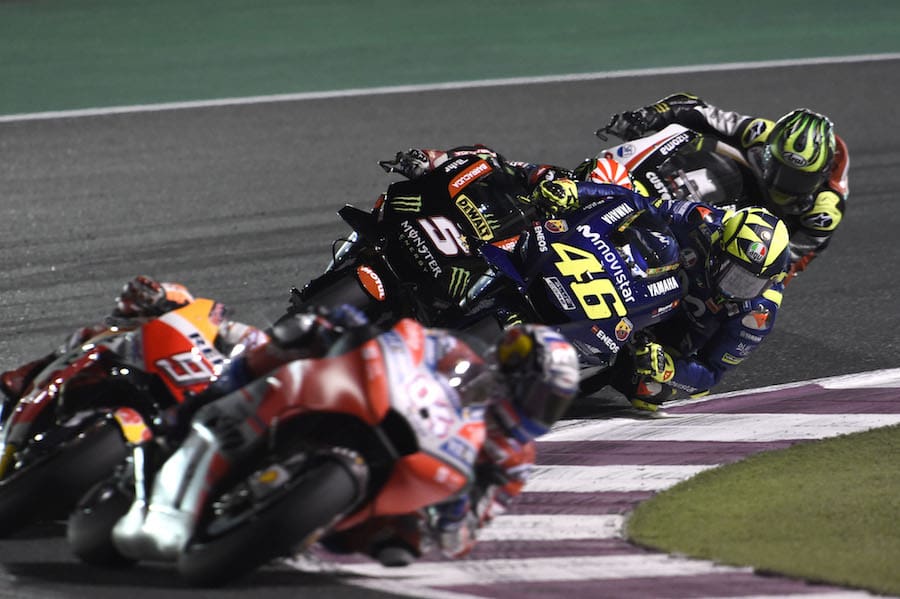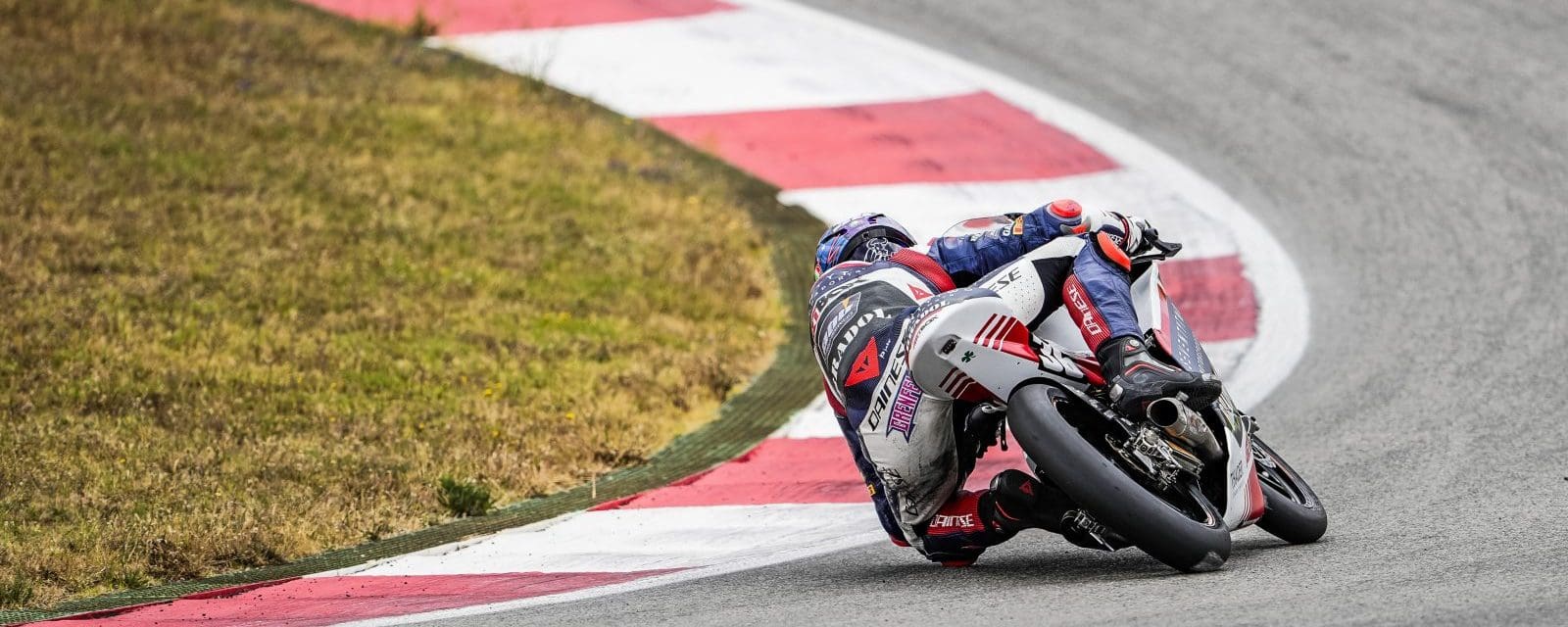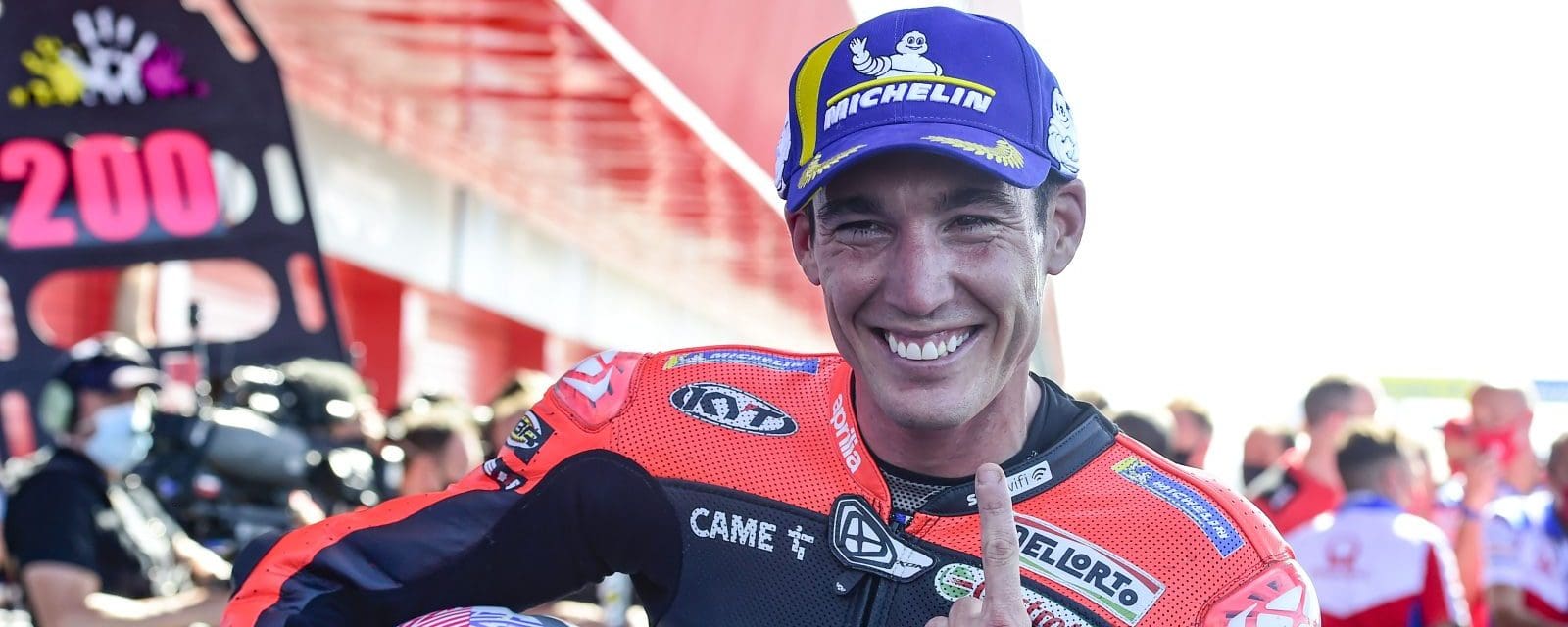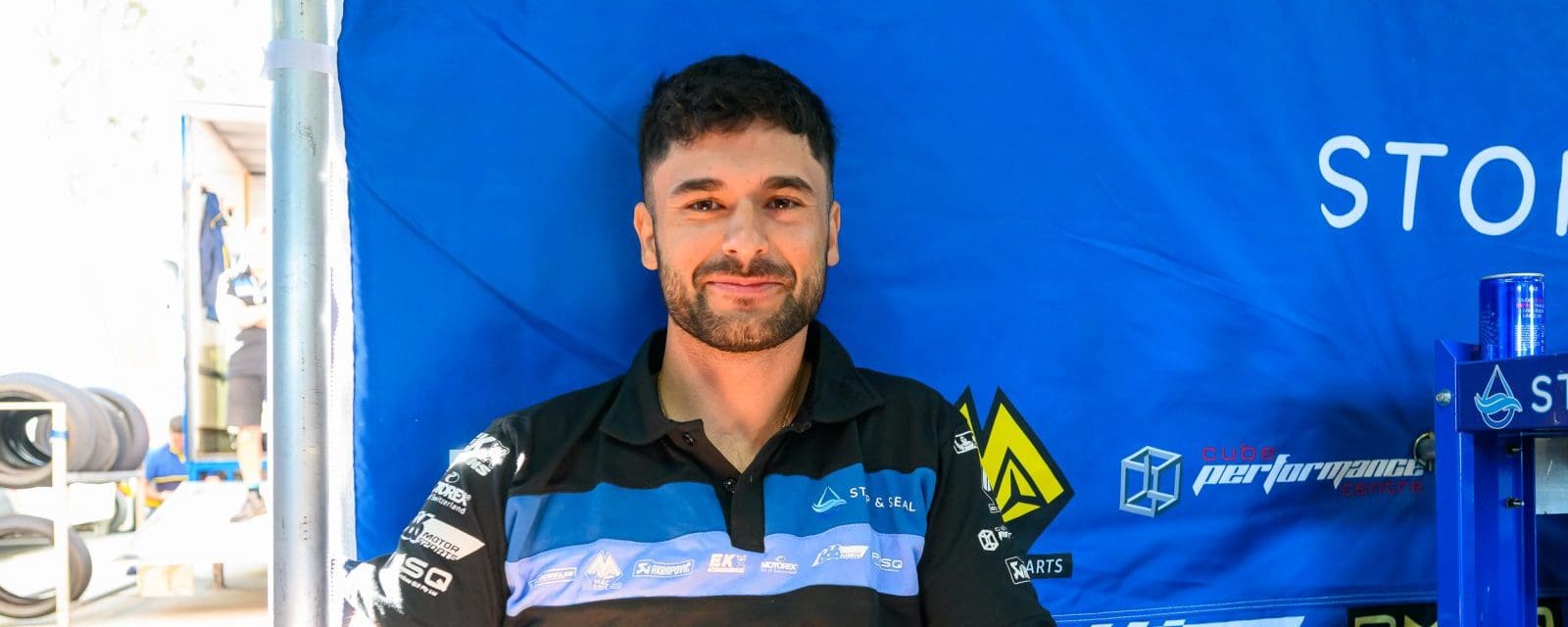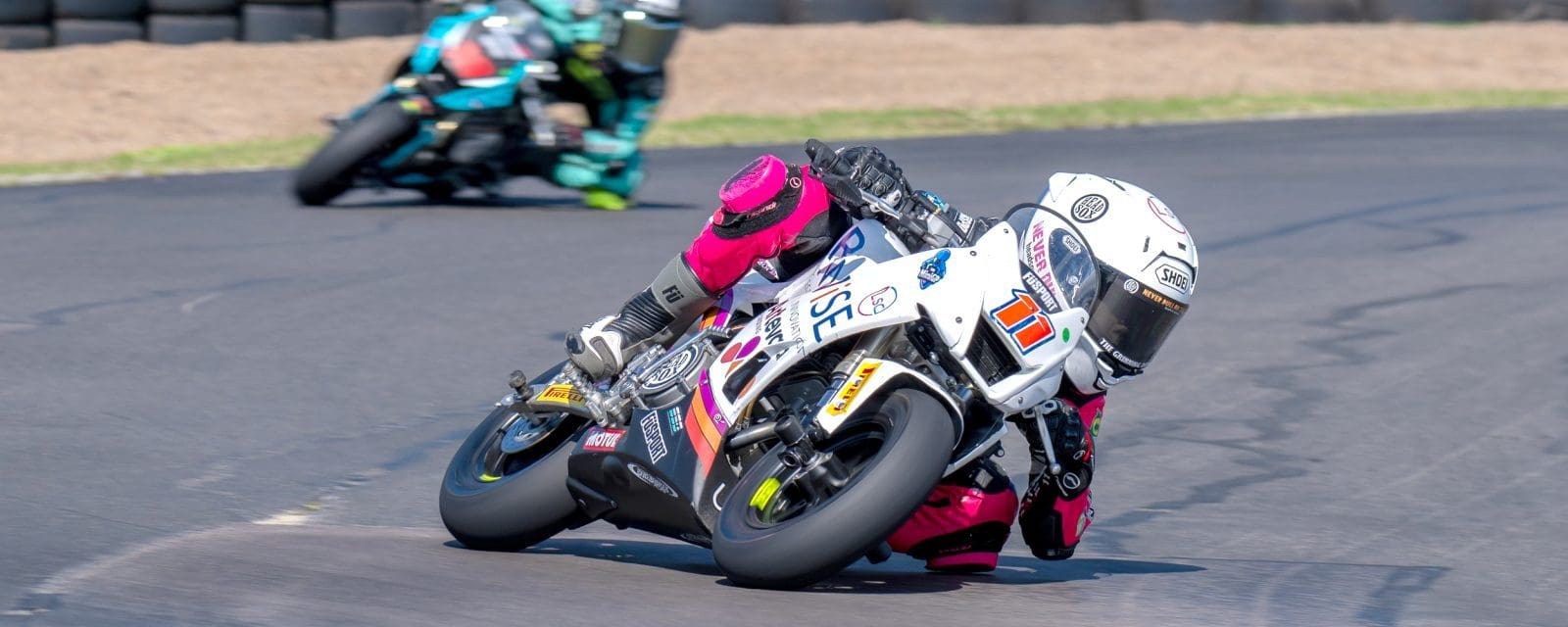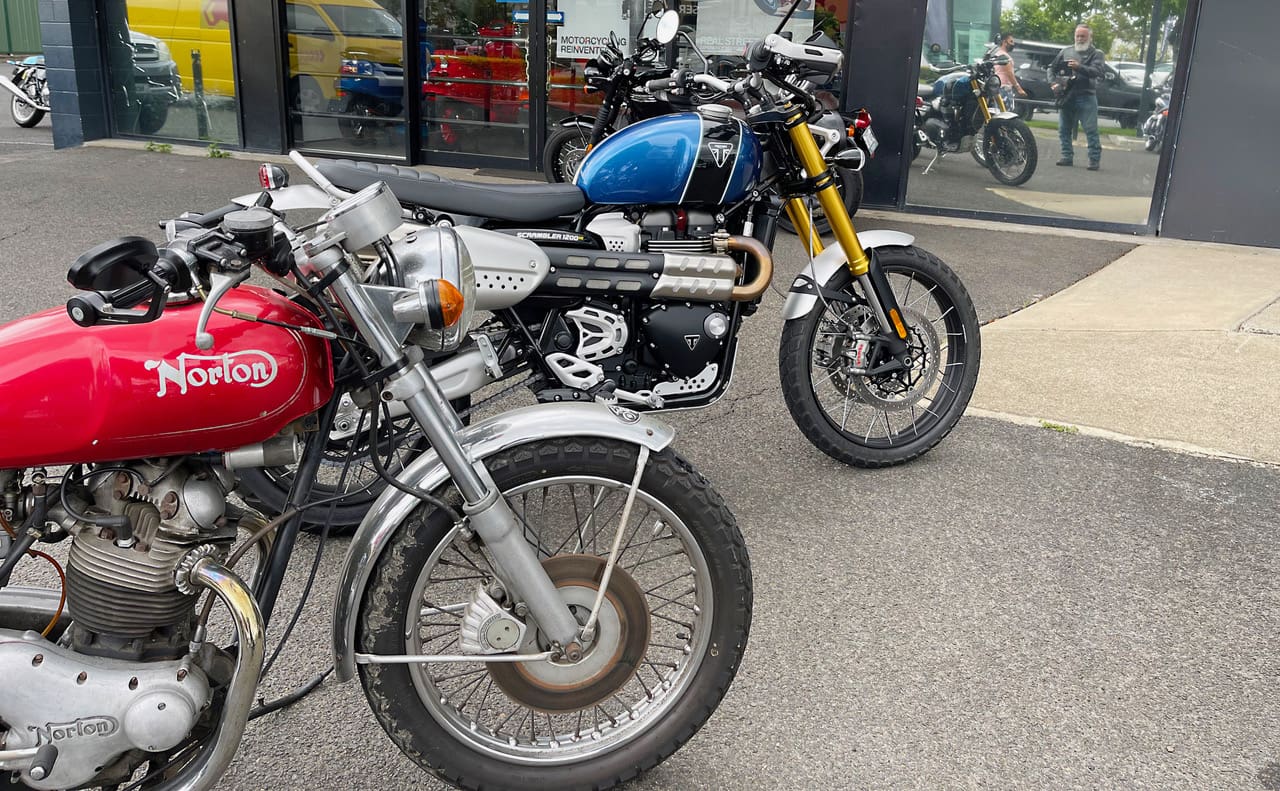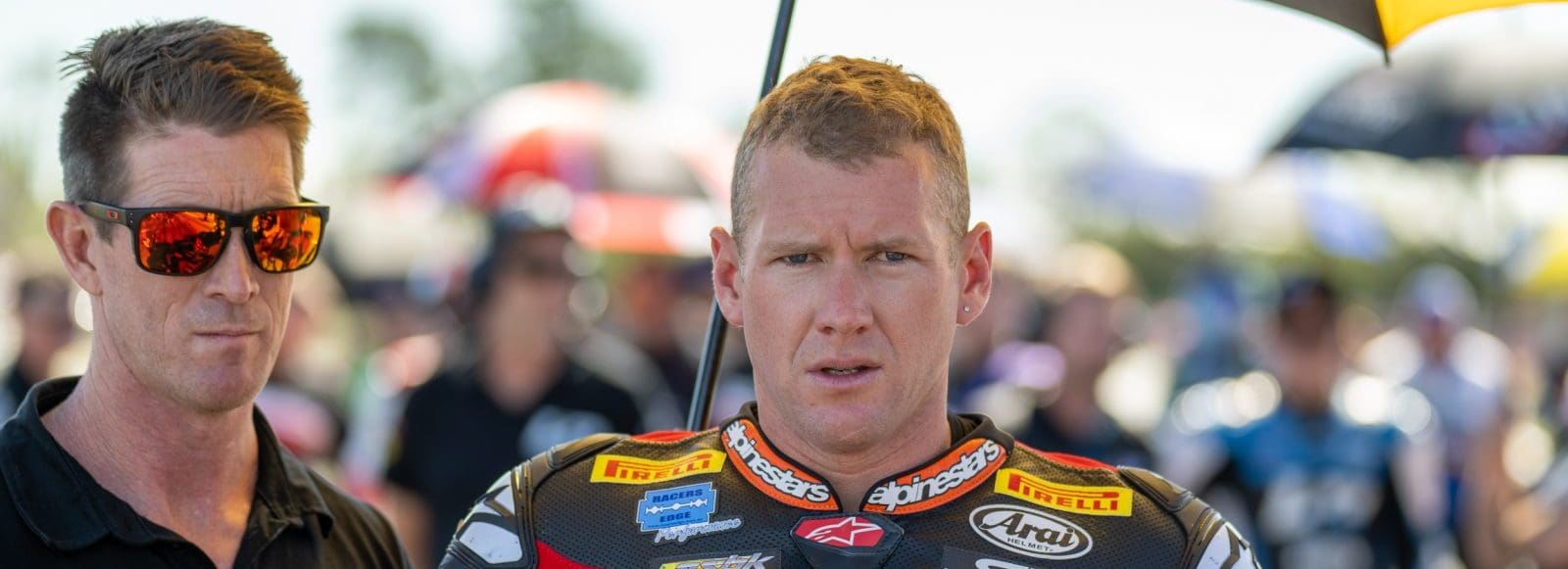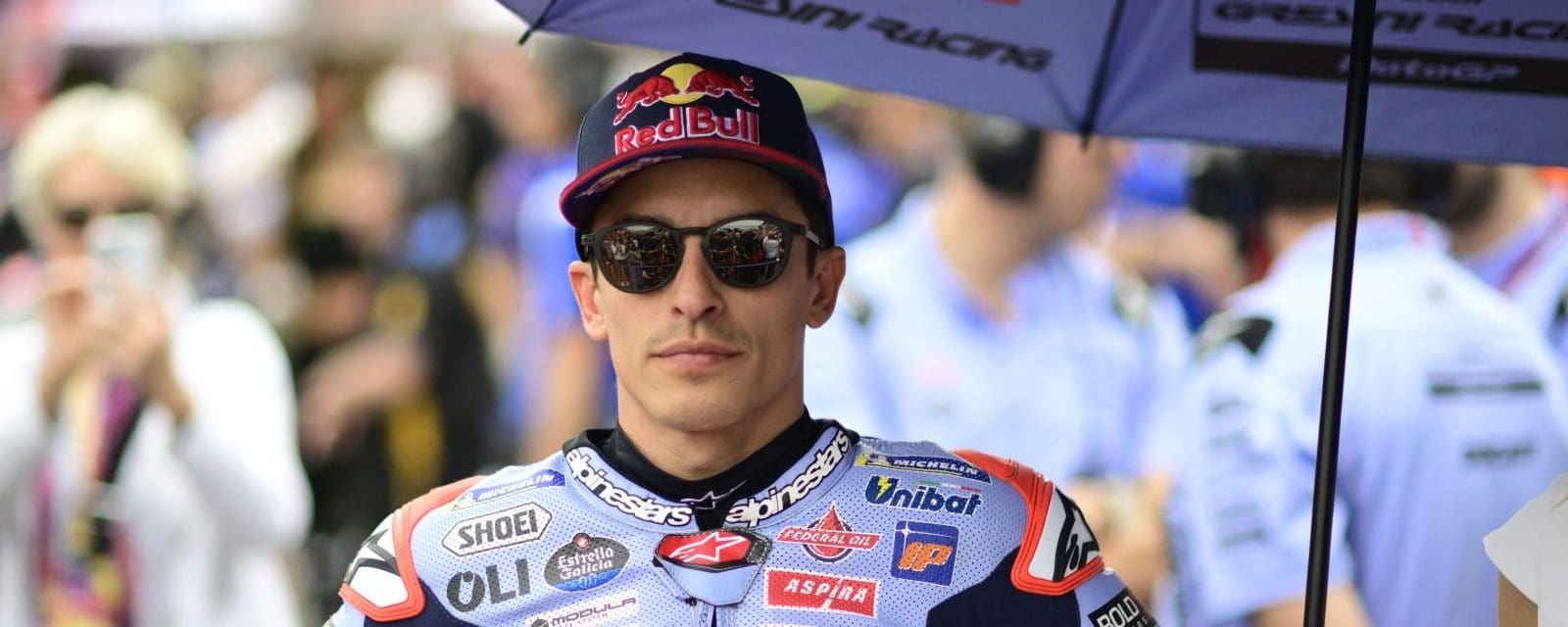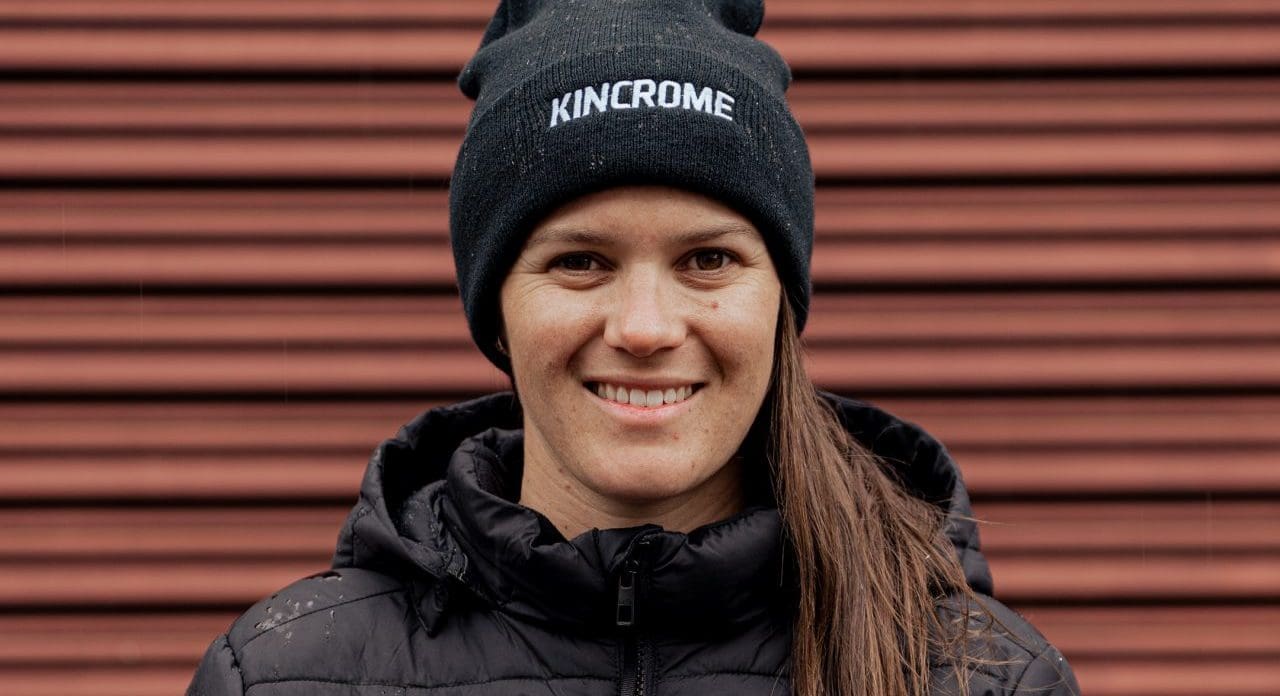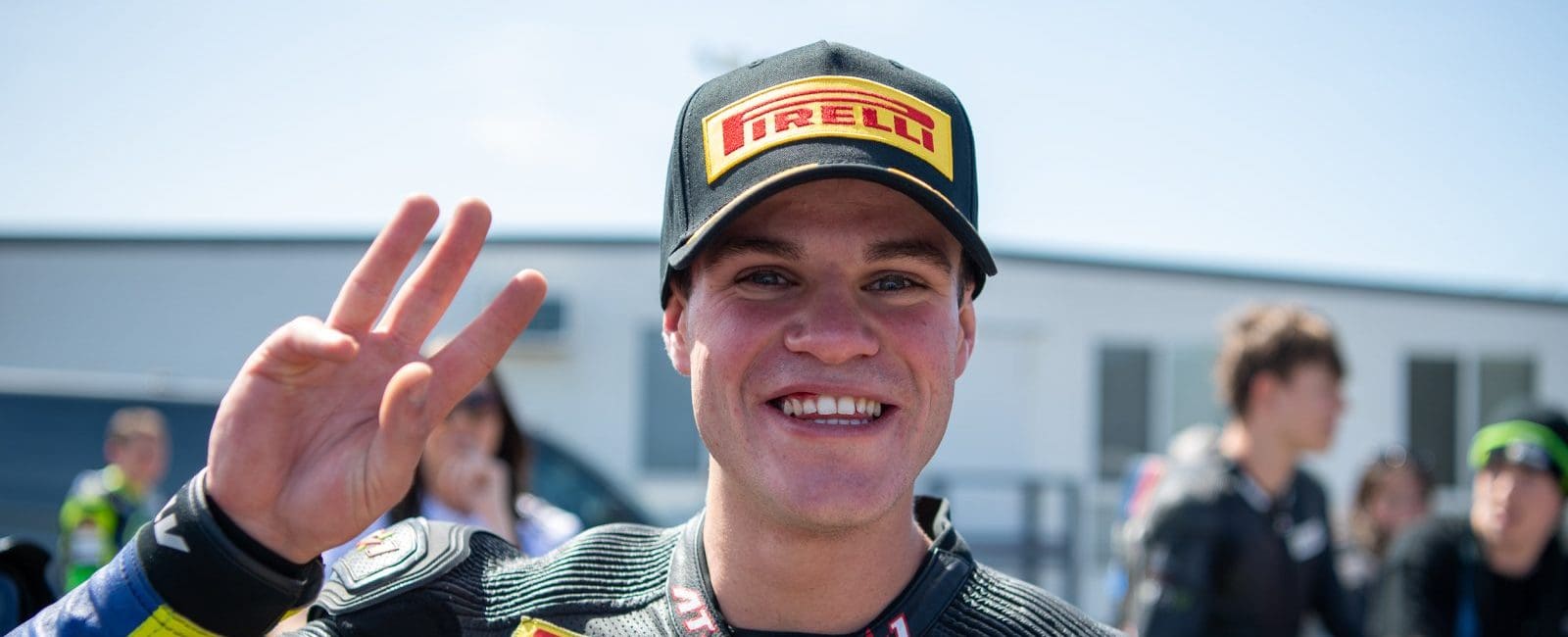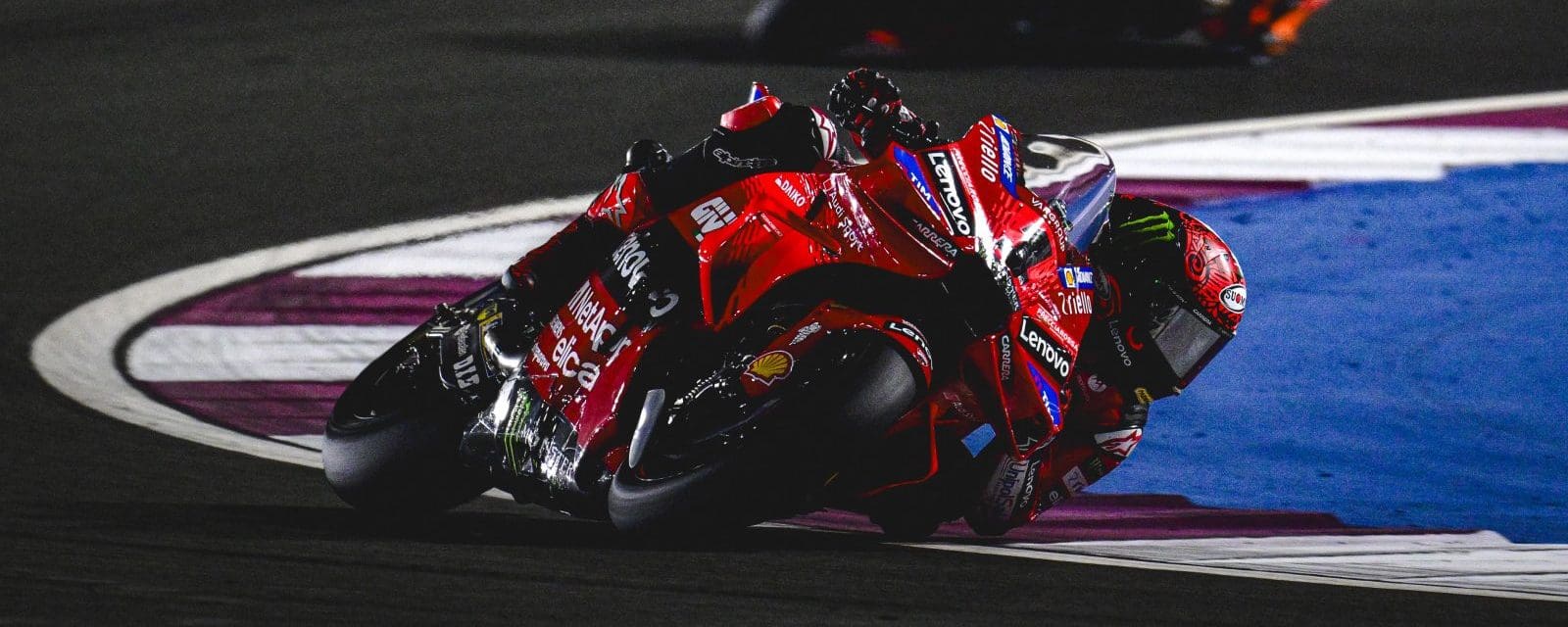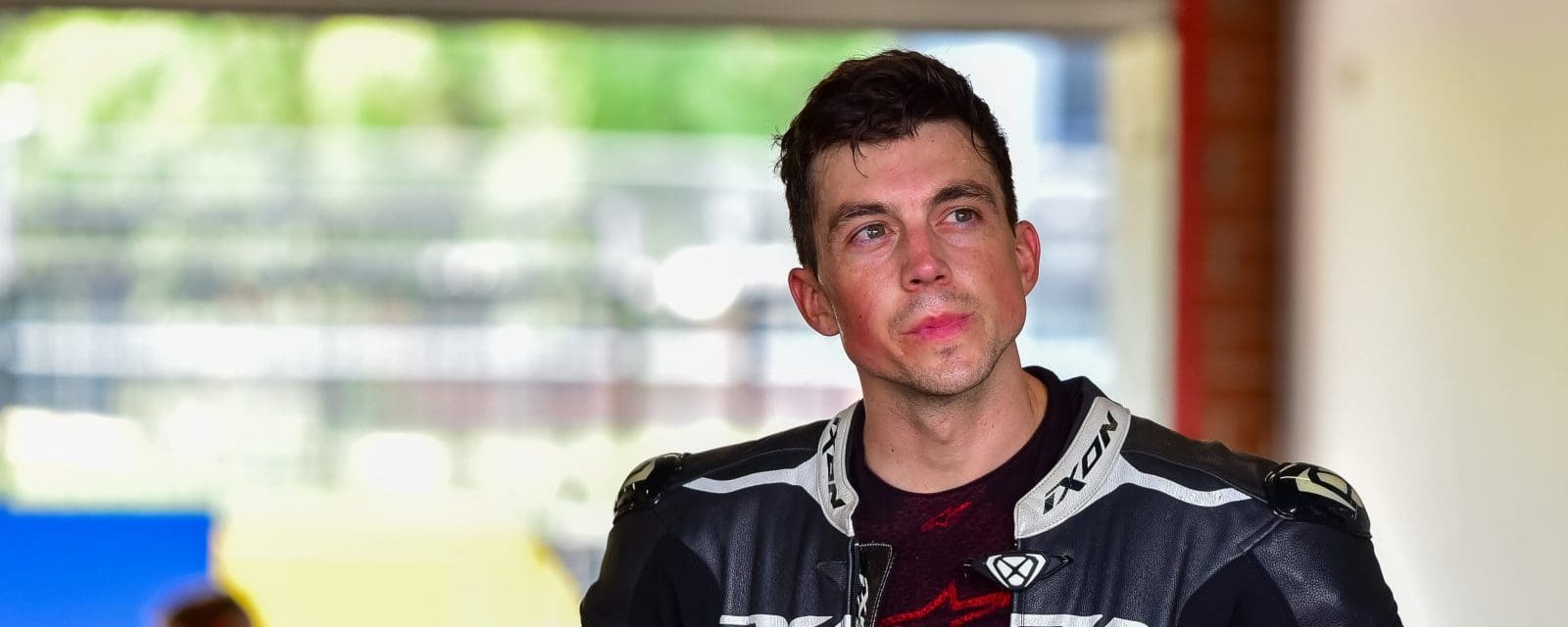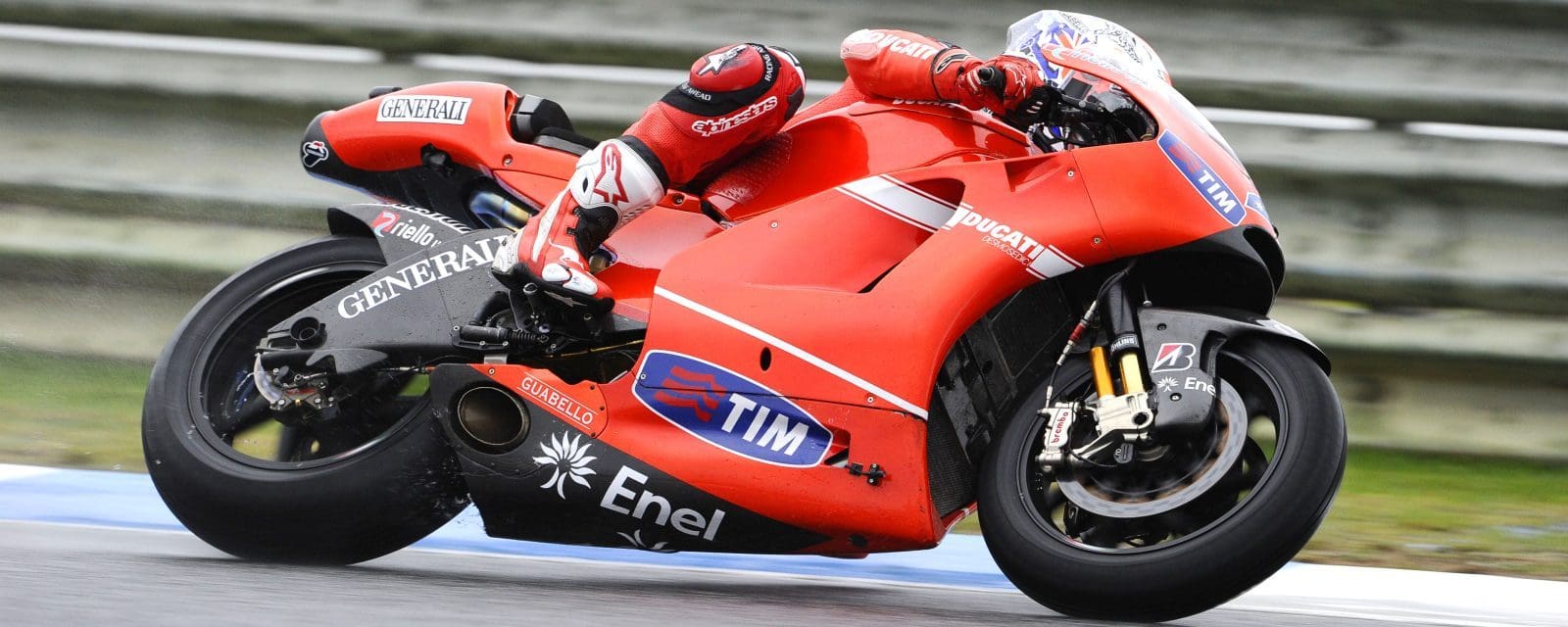The World Championships turn 70 this year; the series is pretty spry for a septuagenarian. MotoGP’s exuberance is a measure of its success: the growing pains of the last decade and the ghastly proddie-based CRT bikes now all but forgotten. It is once again paradoxically youthful and renewed.
It is traditional at this pre-season point to look ahead with optimism – something those of us who love racing can hardly avoid. For 2018, there seems little need to break out the happy pills or stretch the imagination in the hope and expectation of another fine and compelling battle. Let the new Golden Age continue.
Unless Honda and Marquez spoil the party, that is.
Of course, the dominant Marc has won it four times in the past five years, including the last two years straight. But Honda’s endless and obsessive quest for improvement has led them into some dark places, and he’s really had to work for it every year except 2014. Last year the title remained open until the last of 18 races.
Can the same thing happen again in 2018? Depends if Honda engineers manage to confuse themselves with yet more major mechanical changes.
Over the past couple of years they’ve radically altered crankshaft rotation, internal inertia and firing intervals at different times, all while struggling to adapt from in-house electronics to the unified software and hardware. With engine design frozen from the first race, no quick fixes were available and engineers and riders were given a big hill to climb.
We shall see if HRC can stop itself from doing it again.
In this particular regard, the dumb-down engine-freeze rules worked in favour of the fans and the quality of racing. But it’s been chancy. What last year favoured Ducati, after some inspired winter development, worked against Yamaha, with Rossi and Viñales saddled with an uncooperative package that was several times outclassed and even beaten by rookie Zarco on a year-old Yamaha bitsa.
The imponderables remain; the rules simply make it harder for designers and engineers to recover from early errors. At this level, an error can be very small but have big consequences.
So we stand by, watch and try to avoid reading too much into the first tests. You will recall that last year Viñales was majorly dominant throughout testing and won the first two races. Thereafter, just one more win and his results slumped.
He ceased to be a factor.
Quite apart from that about Honda – which will also impact on satellite rider Cal Crutchlow – the questions that will be answered over the 18 races are manifold.
Can Rossi, now 39, remain motivated enough to pose a serious threat?
Can his teammate Viñales reverse his broken promise?
And can either of the factory Yamaha riders keep themselves clear of Zarco, now in his second year? Come to that, will the Frenchman be hindered by being obliged to ride one of the under-performing 2017 M-1s?
Will Ducati keep on with the technical progress, and if so will brand sophomore Jorge Lorenzo steal ‘Old Boy’ Dovizioso’s thunder? Or will they just steal points from one another?
Will ex-Moto2 class rookies Luthi and Nakagami come anywhere near last year’s efforts by Zarco (and, until he fell ill, Jonas Folger)? And who will replace Folger at Tech 3 Yamaha, after the German’s sudden and belated withdrawal on the eve of the season?
Will Aprilia manage to get closer to the limelight, with Scott Redding joining Aleix Espargaro? Will KTM manage to sustain the impressive impetus of their first season?
And will Jack Miller’s switch to the satellite Pramac Ducati team be the restart the young Aussie needs, after mixed fortunes in three years with Honda?
But enough of the questions. All will be revealed over the course of the next several months. And needing to know the answers is what has kept us all coming back for the past 69 years.
By Michael Scott
